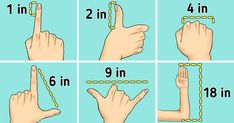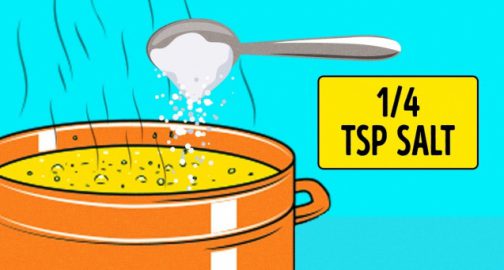
A vegetarian diet means that your body won’t be receiving some very vital vitamins, proteins, and minerals that it would usually get from meat. The human body requires these essentials to function properly so if you’re already following a vegetarian diet or if you’re considering it, it’s necessary to take dietary supplements in order to avoid any vitamin deficiencies.
Here at Bright Side, we did some research to help you make sure you get all the nutrients you need on a daily basis to keep your body healthy and happy!
1. Getting macronutrients
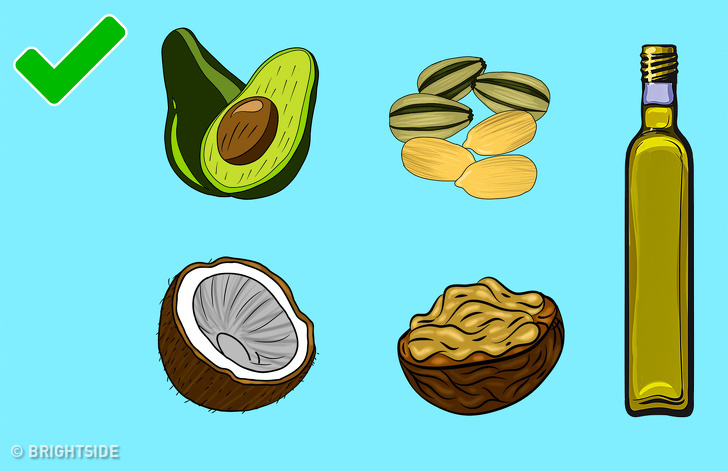
Include a good amount of fat in your diet: Fats help with the absorption of the “fat-soluble” vitamins — vitamin A, vitamin D, vitamin E, and vitamin K. These fats are the building blocks of important substances in the body and they are essential to cell reproduction. They help in maintaining a regular heartbeat, providing an anti-inflammatory function, and regulating cholesterol.
2. Omega-3 & Omega-6 Fatty Acids
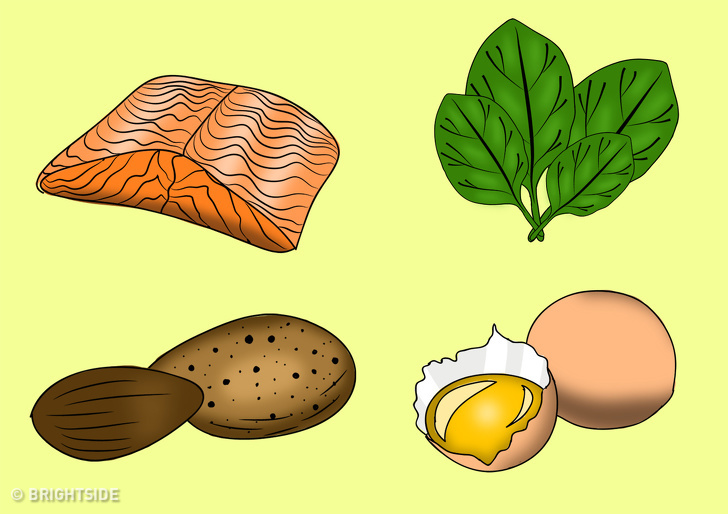
Include a generous amount of fatty acids:
An adequate intake of Omega may prevent and control a number of inflammatory conditions such as heart disease, arthritis, muscular degeneration, and autoimmune dysfunction such as arthritis, eczema, and psoriasis.
3. Balance your veggies and grains for protein.
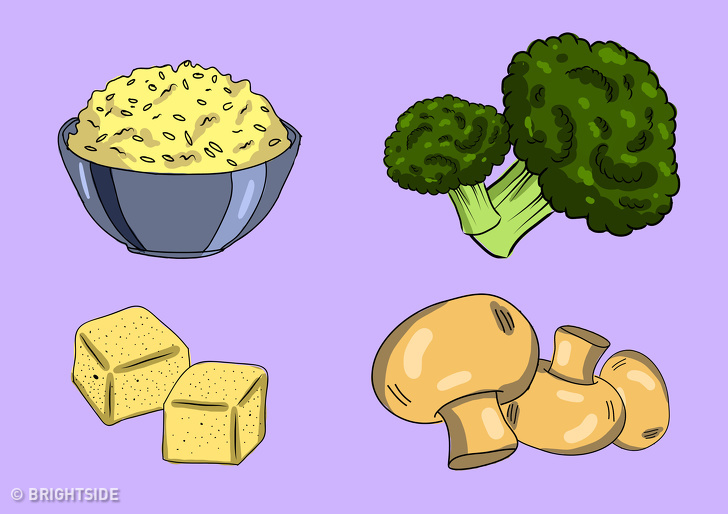
There is a common misconception that people on a plant-based diet do not get enough protein in their diet. Proteins are made up of amino acids which cannot be synthesized by the body and must be obtained from food.
4. Get your B-12.
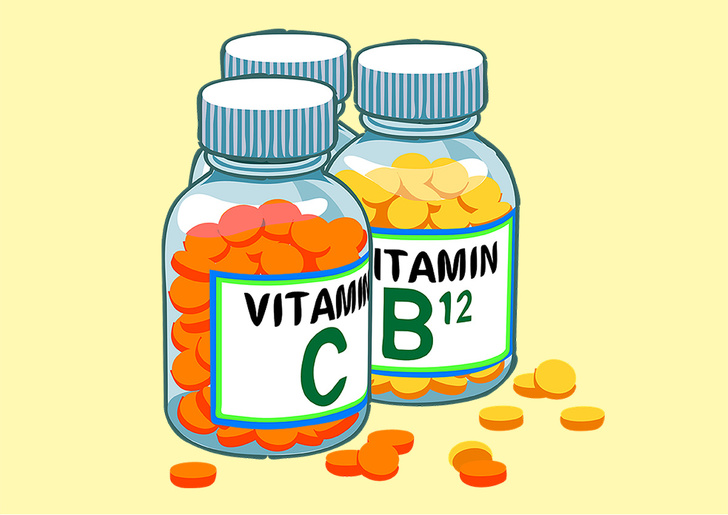
The B12 vitamin is a water-soluble vitamin from the vitamin B family and it plays a key role in the normal functioning of the brain and nervous system and also in the formation of blood and DNA.
5. Get enough vitamin D.
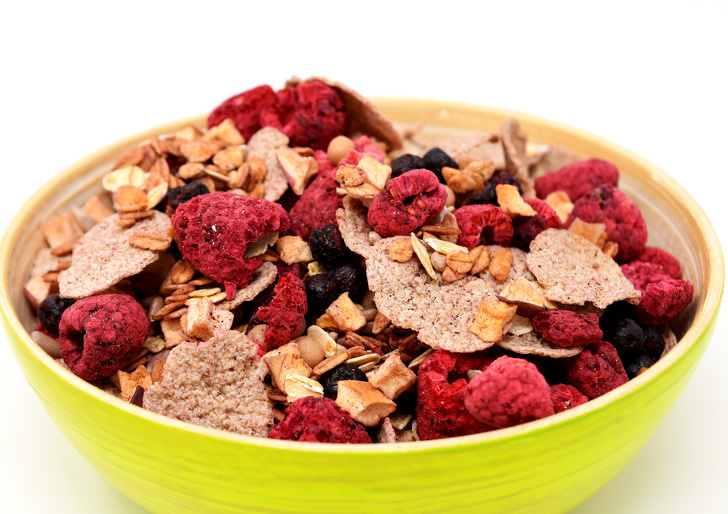
Vitamin D plays an important role in bone and muscle health and helps both your immune and your nervous system function properly.
6. Add some extra salt.
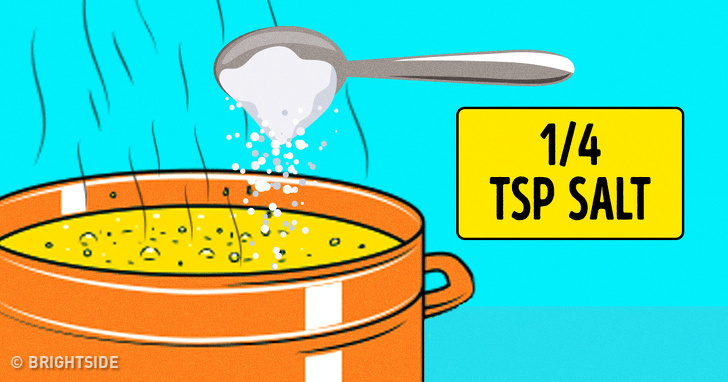
Iodine, which is usually found in fish, is a component in thyroid hormones which help regulate the body’s metabolism and the growth and function of key organs.
Due to the fact that vegetarians might not consume enough iodine on a daily basis, they can suffer from iodine deficiency, which can result in a goiter. Foods like soybeans, cruciferous vegetables, and sweet potatoes can cause goiter. In order to avoid an iodine deficiency, just add a 1/4 tsp a day of iodised sea salt in your food.
7. Get enough iron and vitamin C.
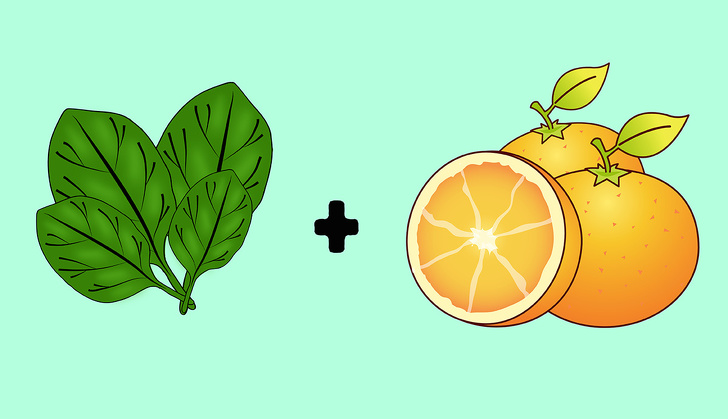
Iron is an essential nutrient. It is a component of hemoglobin in red blood cells that distribute oxygen throughout the body. And myoglobin is found in muscles and tissues.
Vegetarians need almost twice the daily recommended amount of iron compared with non-vegetarians. Iron from plant-based foods is not absorbed as well by our bodies as from animal products. It is recommended to eat a lot of leafy greens accompanied by foods that are rich in vitamin C (such as oranges) to help your body absorb the iron.
8. Include a good amount of calcium in your diet.
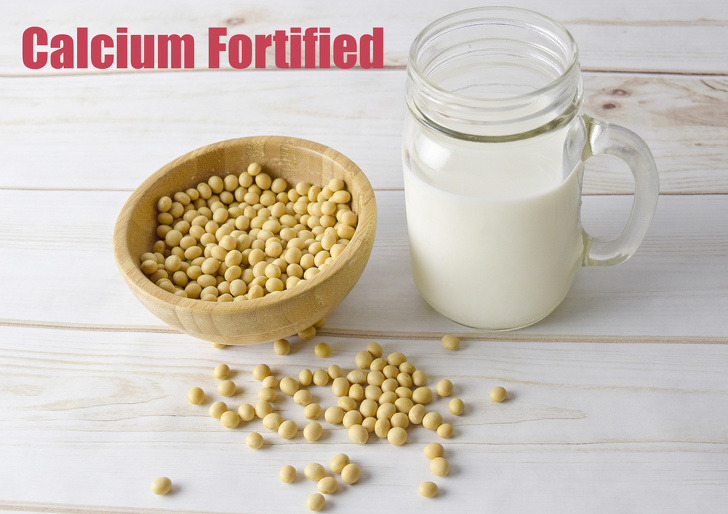
Calcium is most commonly found in meat and dairy products. The calcium that is fortified in soy and rice beverages, as well as a lot of juices, oat drinks, and cereals is very similar to the one that is present in cow’s milk. If you follow a diet where you do not consume any animal products such as dairy milk, you can get the required amount of calcium this way:
9. Consume seeds and beans for zinc.
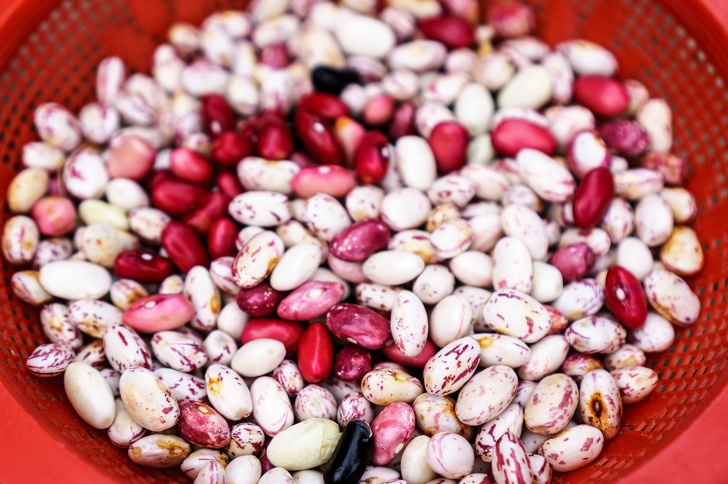
Zinc is an essential mineral that plays a huge role in immune function, protein synthesis, wound healing, and cell division.
10. Whole grains for complex carbohydrates.
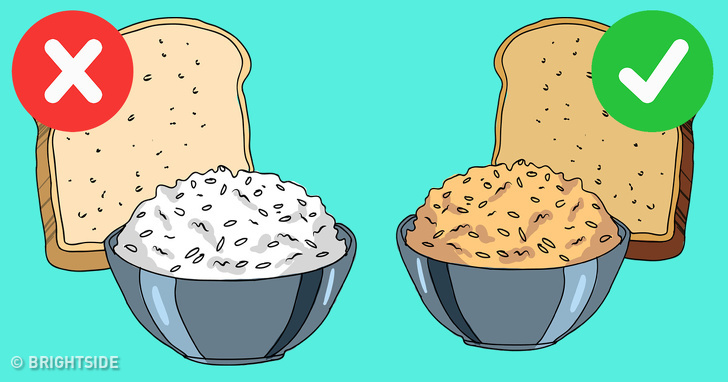
All the food we eat is made up of 3 major nutrients: carbohydrates, protein, and fat.
Carbohydrates, on a molecular level, are made up of short or long chains of carbons. The length and shape of the carbon chain determine the type of carbohydrate. There are 2 types of carbohydrates:
Avoid too many simple carbohydrates because this can result in heart disease or a lot of weight gain. Instead, replace them with whole fruits such as blueberries, grapes, and apples and starchy vegetables such as potatoes, corn, and peas.
It’s critical to remember that no matter what your diet looks like, it needs to fit your body’s needs. Always try to do some additional research to get all the nutrients from the foods that you consume.
Have you ever thought of becoming a vegetarian or a vegan? What are your thoughts on vegetarian or vegan diets? Share your thoughts and experiences with us in the comments!
Preview photo credit depositphotos.com, depositphotos.com



